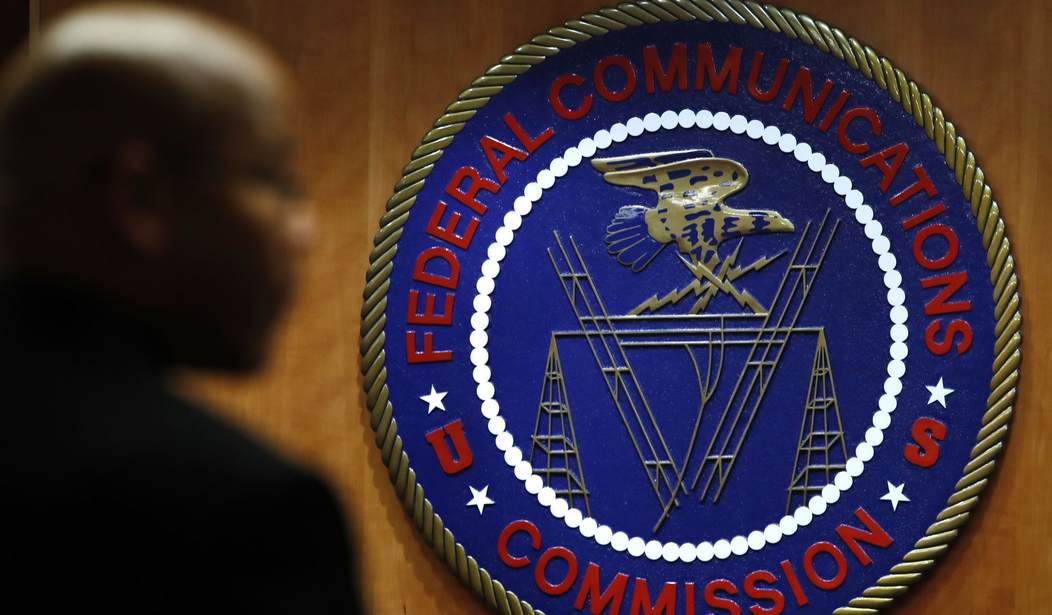The Federal Communications Commission (FCC) made a mistake nearly 20 years ago when it cleared out a significant block of spectrum for a new technology. As is often the case, the government’s assessment of future market needs was flawed and this carve-out of what is now highly sought after mid-band spectrum hasn’t produced much of anything for consumers. FCC now has a golden opportunity to finally correct the problem, and in turn help pave the way for market-driven innovation and technological advancements.
It all stems from a decision by the FCC in 1999 to set aside the 5.9 GHz band of spectrum for Dedicated Short Range Communications (DSRC), a technology that sought to accelerate the automation of automobiles and increase transportation safety and efficiency. While blocking off this spectrum may have made sense at the time, the promise of DSRC has not been fulfilled and it’s time for the agency to revisit its decades-old experiment. At the same time, other federal agencies (along with Congress) should be examining how to tear down the regulatory barriers that are impeding development of autonomous vehicle infrastructure.
At a time when unlicensed spectrum is becoming extremely scarce, we can no longer afford to underutilize the 5.9 GHz band by reserving it for DSRC and nothing else. The spectrum must be put to better use. As FCC Commissioner Michael O’Rielly noted, very little technological development has taken place at 5.9 GHz. “We’re talking a 20-plus year history and we’re not that much further than we’ve been the last couple years,” O’Rielly said.
As we’ve noted in the past, freeing up mid-band spectrum is crucial for the next wave of technological innovation and economic growth. This is certainly true for the 5.9 GHz band which could, if deregulated and deployed as unlicensed spectrum, finally be utilized by innovators to the benefit of consumers and taxpayers. And while much attention has been focused on autonomous vehicles, the potential gains are much broader if this spectrum band is opened for a wider range of use. Specifically, more unlicensed spectrum in this band would translate into faster broadband internet services at the home and office by opening the door to new, state-of-the-art Wi-Fi technology. This means virtually all consumers could soon reap the benefits of large investments in broadband infrastructure.
Recommended
While some private companies continue to believe that DSRC is the best path forward for advanced automobiles, others -- including much of the tech, telecom and auto industries -- have embraced new, competing technologies, such as Cellular V2X. Which is the better option? That’s a question to be answered by the free market -- not the federal government. Especially in light of recent testing by the FCC that has shown that multiple technologies including DSRC and Cellular V2X can share the 5.9 GHz space without jeopardizing safety. Absent safety concerns, there’s no good reason why the FCC shouldn’t open up this band of spectrum and create a level playing field for competing technologies.
Two decades years ago, the FCC set aside an extremely valuable block of spectrum to encourage development of an important new technology. They placed a bet that has not paid off for consumer and taxpayers in the way it was intended. Now it’s time to fix the mistake by opening up the 5.9 GHz band to free-market competition and allowing the private sector to cater to the needs of consumers.
























Join the conversation as a VIP Member